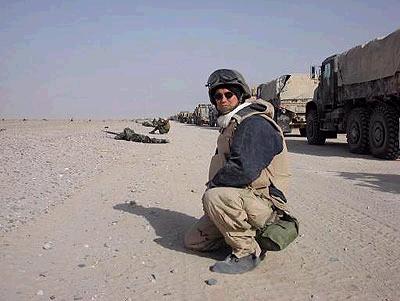entourage
- entourage
entourage is the brainchild of doug ellin, and it is loosely based on the hollywood life of mark walberg. at its heart, entourage is a show about an up and coming hollywood star, vincent chase (adrian grenier) and his friends essentially trying to live and enjoy the hollywood lifestyle. there's eric (kevin connelly), his best friend and default manager, turtle (jerry ferrara), who is always looking for ways to benefit from vincent's fame, and johnny "drama" chase (kevin dillon), vincent's much older half-brother. vincent relies on his friends to help him watch his back, while his friends rely on him to get women, money, and generally enjoy the perks of being famous without really having to do anything. the great part about the show is that while his friends are benefiting from being around him, they genuinely do care a great deal about vincent.
entourage is basically like sex in the city, but for guys. it has the requisite airbrushed, hard-body women, the fancy cars, the big hollywood parties with the famous guest stars. but what entourage has, besides the fashion and the glitz, is this great friendship between these four guys who stuck together before coming to hollywood, and who still stick together, relying on each other for support and friendship.
the first and second seasons are already out on dvd, and the third season is coming out on hbo on june 11th. the first season focused primarily on vincent's buzz as the "it boy," while the second season focused on vincent's immenent rise to stardom as he tries to clinch the lead role in the new aquaman superhero movie that is being directed by james cameron.
the real prize in entourage is ubber-agent, ari gold played by jeremy piven, who is really amazing in the role. he plays a fast talking, hard-balling hollywood agent who has pockets of immorality to go with his giant ego.
entourage is never short on celebrities and name dropping, and the show really does imitate life. (kevin connelly who plays eric, is actually a part of a real entourage. he is dating nicky hilton, and he's best friends with tobey maguire and leonardo dicaprio).
bottom line, entourage has some of the best writing on television going for it right now. the characters are so incredibly well fleshed out, and the acting is great, which helps to bring the characters together to make it seem like they'd been friends since childhood.
below is a couple of clips. the first is of eric hooking up with a model. the second clip is of ari at a marriage counceling session with his wife when he finds out that james cameron is directing aquaman.
+Mini.jpg)










